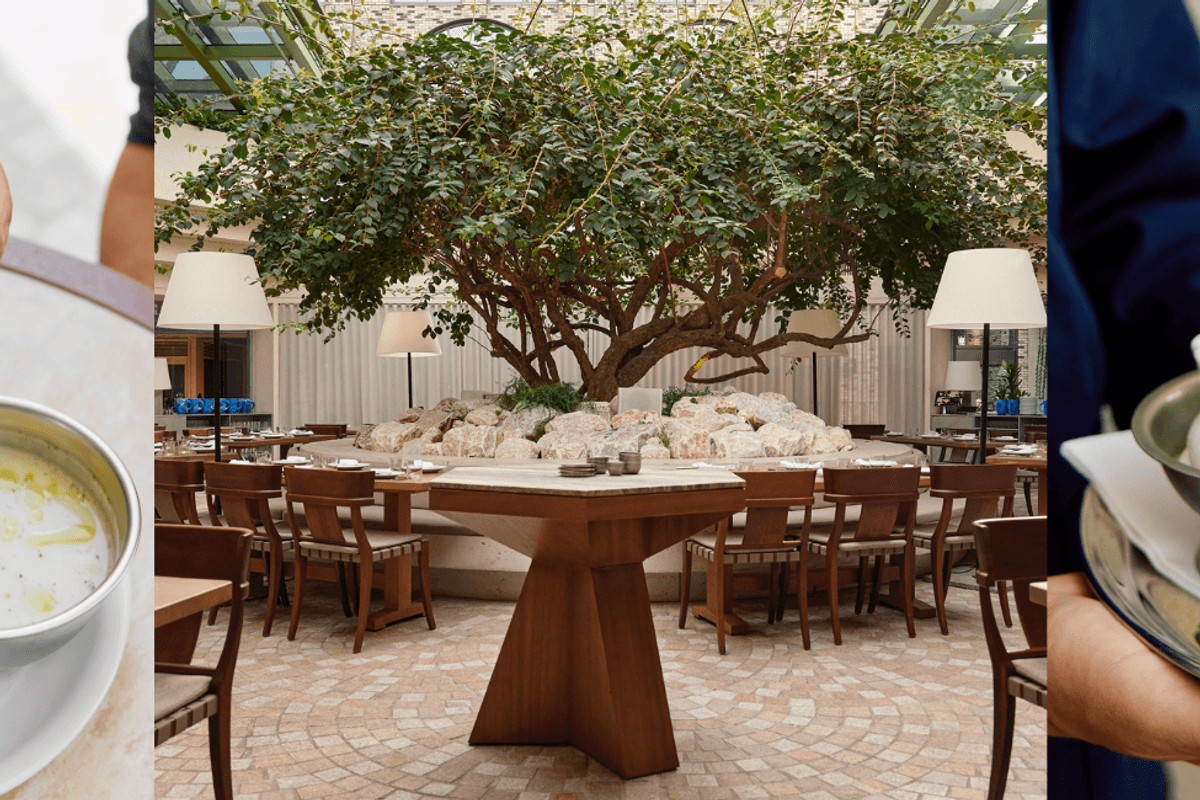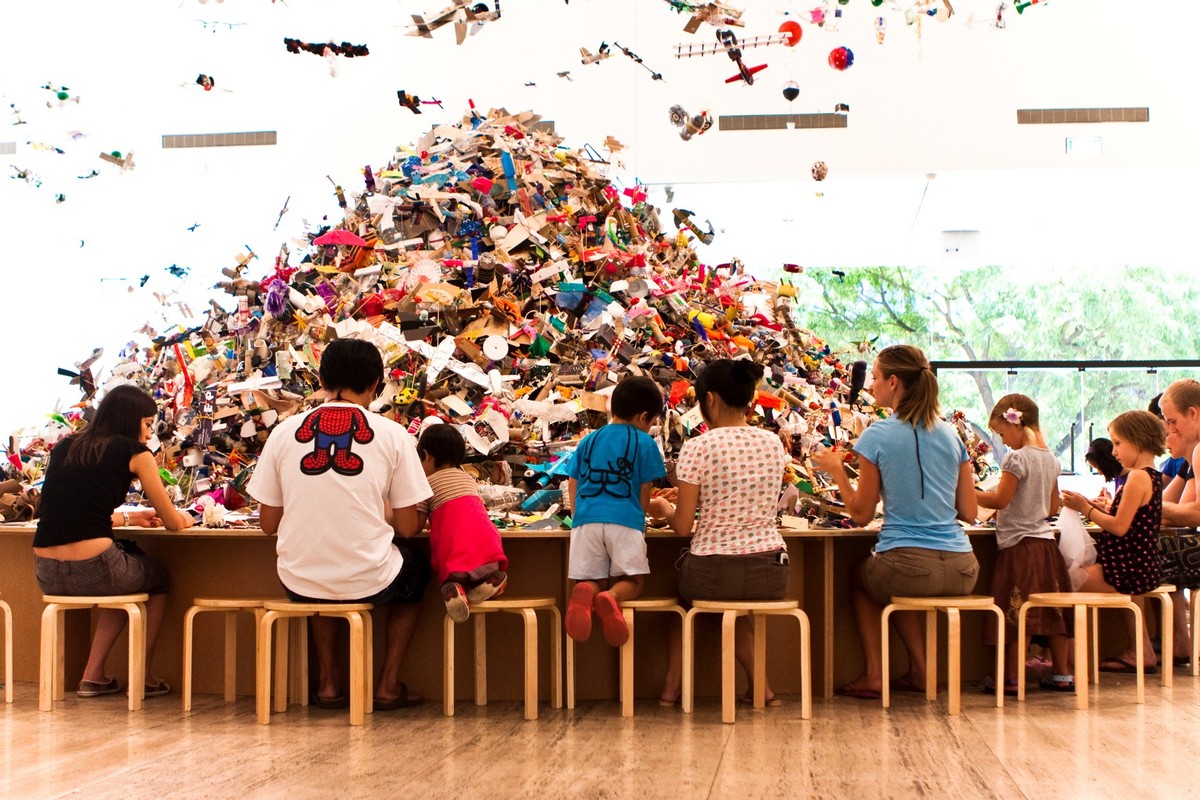First Nations journalist Nakari Thorpe on the responsibilities, challenges and opportunities in her unique role at the ABC, and her views of the Australian news media’s coverage of Indigenous stories.
Journalist Nakari Thorpe has a unique role at the ABC, but it comes with its own unique responsibilities.
"I'm the only one with that role of Indigenous communities’ reporter. So, a lot of the time you do feel that weight and pressure to always have those stories ready to go and being the only one to tell them," she says, speaking about her role at the national broadcaster at a recent UNSW event for journalism students.
"There’s that whole other layer of complexity in being a First Nations person and a First Nations reporter. [There’s] a layer of responsibility and accountability to your community because essentially we are representing our communities, our families. We know what these people are going through. We get it.
"And we don't get to switch off nine to five doing this job. I'm going back to that community that I'm talking about."
And while the accomplished journalist acknowledges some mainstream media outlets have improved their coverage of Indigenous stories, she says others have a long way to go.
Shining a light on community stories
Thorpe has been a journalist for more than a decade. After graduating from UNSW in 2014, she worked at NITV and SBS, before moving to the ABC about five years ago. In addition to her Indigenous communities reporting role, she is part of the ABC’s New South Wales TV News presenting team.
The Gunnai, Gunditjmara and Gooreng Gooreng woman grew up in southwestern Sydney and is part of a prominent First Nations family. Her grandmother, Alma Thorpe, played a key role in setting up the Victorian Aboriginal Health Service, the First Nations-owned and run organisation providing health and dental services for the local Indigenous community, based in Fitzroy, Melbourne.

Thorpe says a passion for her people motivated her to pursue journalism as a career.
"As a First Nations person, I've always been passionate about my community, and that's what really fueled me to get into storytelling, " she says.
"Growing up, I didn't see a lot of our stories being told from our perspectives. [Instead] a lot of the time, there were stories that were negative or of deficit. I knew that wasn't always the case because I was part of that community.
"I saw a lot of other amazing things happening, and I wanted to shine a light on the incredible things that were happening in our community. Stories of triumph, of celebration, of the positive things that were happening."
In her work, she covers everything from Indigenous business and deaths in custody to flood recovery and community issues, as well as federal politics.
She says she’s inspired when her reporting does seem to result in positive change.
"I did a story in Alice Springs which, as you know, has a lot of societal issues, in particular domestic violence. I did a story around that issue, about First Nations women who are doing the work on their own to combat violence in their communities. They came to Canberra, to Parliament House, to advocate for themselves. But [my] going out there [for the story] really helped to shine a light on what they are doing.
"The work I do might not result in massive change, but I think there are ways that your story makes small changes, in increments, and it can lead ultimately to bigger changes."
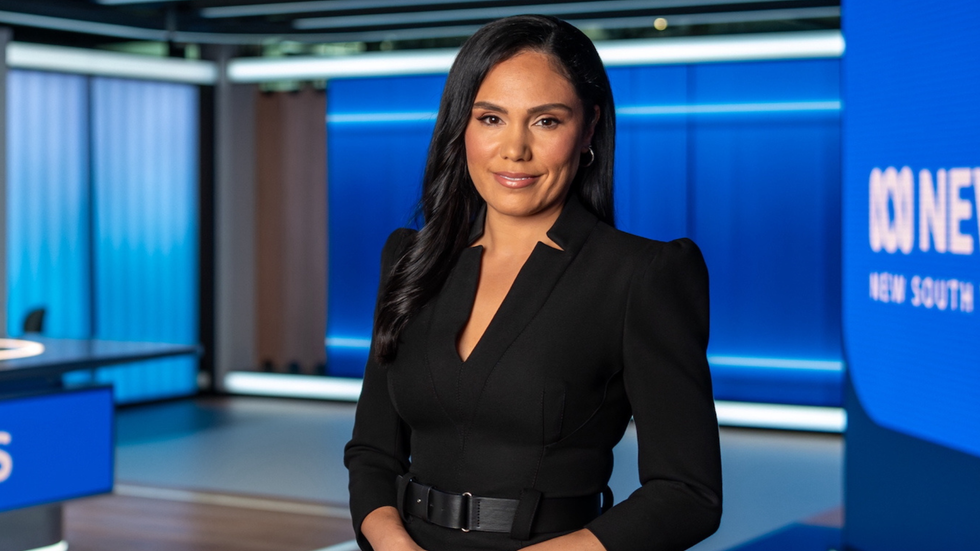
Coverage of Indigenous stories
Thorpe acknowledges that there have been incremental improvements in mainstream media coverage of First Nations issues, but she feels "there’s a huge way to go".
"Take for instance, the recent police death in custody of a young Indigenous man in Alice Springs at a Coles supermarket. The ABC, SBS and NITV, the usual people, were covering that story, but I did not see a lot from the mainstream networks about this story, and it was a big story. And it’s unfortunate that that happens."
She feels news outlets are often wary of doing First Nations stories.
"I think there is a lot to go in terms of understanding First Nations peoples and the history of this country and how to report on First Nations issues. I think a lot of the time a lot of people don't like to touch it because … it's tricky, and I think a lot of them aren't sure how to approach it."
In her view, media organisations need to take more responsibility for covering Indigenous communities.
"What I would like to see is more cultural awareness and understanding within mainstream media. That’s on them.
"A lot of the time, this work falls on First Nations journalists to always bring these issues to the national attention, but it's also up to our media organisations to take responsibility for these issues as well, because they're not just First Nations issues, they are issues for all Australia and they're issues that all Australians should be across and be aware of."
She says there is a tendency for Indigenous stories to be produced just to mark a particular calendar event, such as National Reconciliation Week, NAIDOC week or National Sorry Day.
"They shouldn't just pull out Indigenous affairs during a particular year or a week of the calendar. This is something that should be covered with daily, weekly stories. I see pockets of it here and there, but a lot of the time it's definitely pushed back.
"I would love to see more awareness and cross-cultural training just to begin with, and to see them take the challenge on – to be open to it.
"I think that would go a long way to winning a lot of trust. There's a lot of mistrust between Indigenous community and mainstream media because of that lack of representation."
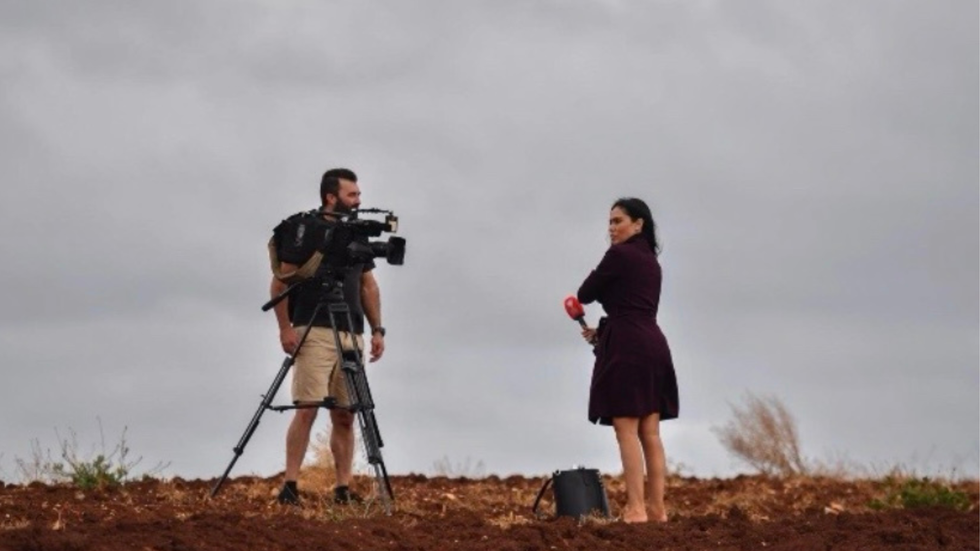
Inspiring the next generation
Thorpe works for ABC News NSW, although her role as Indigenous Communities reporter in NSW is unique. She is quick to acknowledge that she and her fellow ABC First Nations journalists follow in the footsteps of an older generation.
"I came into the industry when things were changing. They were on the move towards there being more First Nations people and reporters in the industry.
"There weren’t a lot of people when I was growing up. I just remember one person on air and that was Stan Grant. I think most people know who he is.
"Unfortunately, he's left the industry now, but he's definitely left a huge mark and trail behind him. And he's inspired a whole new generation of people. That's my generation."
Ultimately, Thorpe draws inspiration from her own communities.
"People across the country that are doing incredible, amazing things with little to no support, with no spotlight on them, they’re the people that inspire me to do my job.
"Of course, a lot of work that I've done is also on my family and my elders. They're the people that inspire me to continue to do what I'm doing and really make it worthwhile because now their stories are out there forever."
Related stories
Jameela Jamil on her evolving feminism
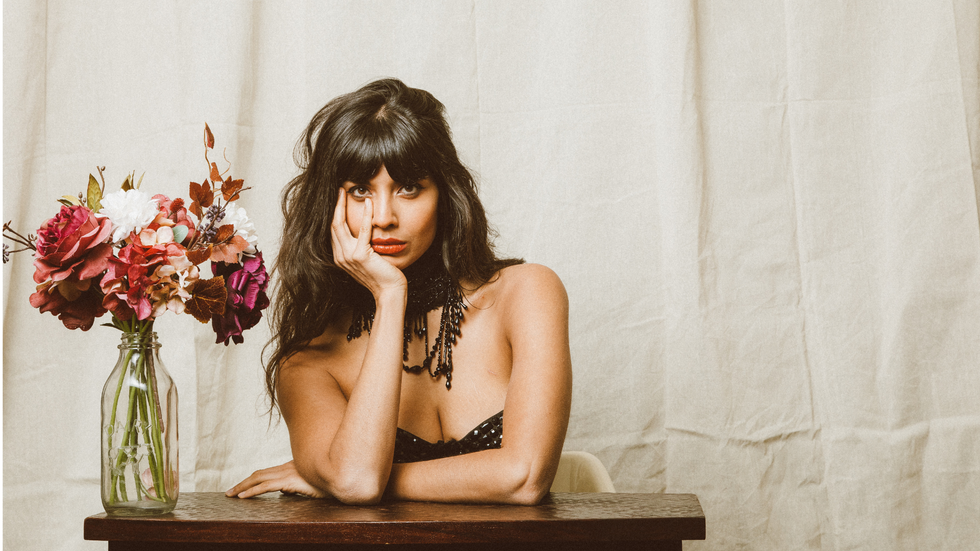
The Good Place actor on learning from her mistakes and ageing 'peacefully' rather than gracefully.
I'm ashamed of my town's friendly rural facade
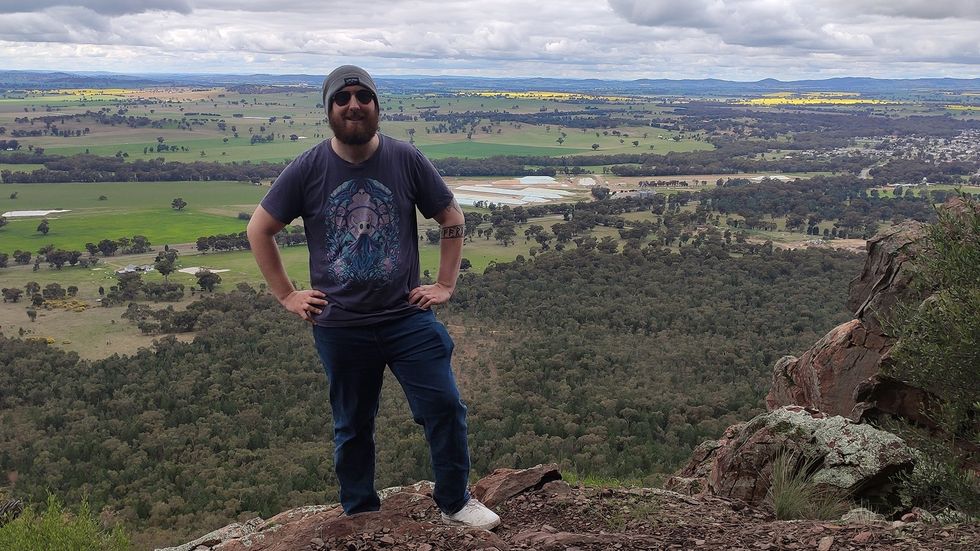
The rejection of the Voice to Parliament by the Australian public stirs anger at the lost opportunity for this student from country NSW
There's a price to pay for limited Indigenous history teaching

How could a country so rich in diversity turn its back on its First Peoples during the Voice to Parliament referendum.
Amelia Akonnah is a second-year student studying a dual degree in Media and Social Sciences at UNSW, majoring in Politics and International Relations and Journalism with a passion for writing and film.
Sophia is studying a Bachelor of Design/Media at UNSW, majoring in communications and journalism. A lover of all things creative, you’ll find her painting, sewing or writing if not already lost in a good book or film.
Tenzin Lhaki Dorji is a second year Bachelor of Media student at UNSW, majoring in Communications and Journalism. She is passionate about storytelling and learning more about different backgrounds and experiences. Her hobbies include football, volleyball, cooking, and photography.


